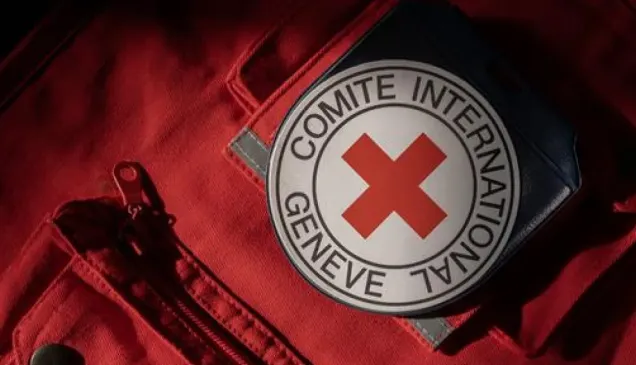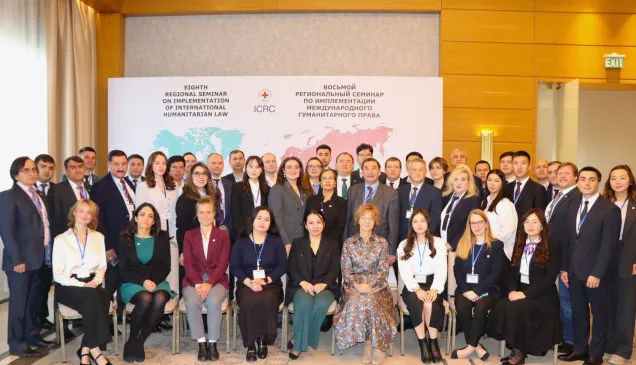The Nagorno-Karabakh conflict has had a negative impact on the affected population’s access to education. In some cases, residents of communities located in exposed areas do not send their children to school for just one very basic, yet significant, reason – it is not safe there.
Nagorno-Karabakh conflict: Access to education should not be hampered by conflicts
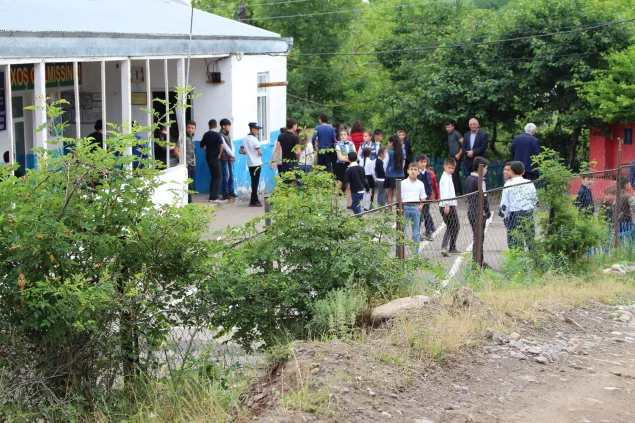
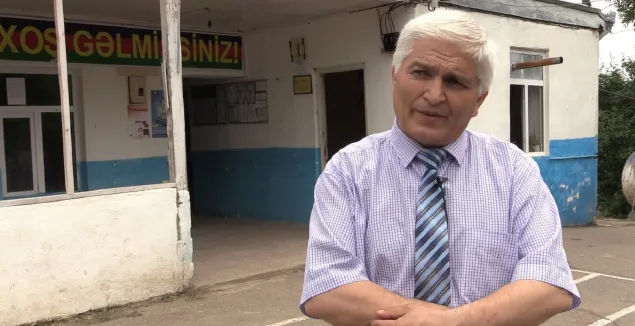
Rasim Aliyev, director of Alibayli village school in Tovuz district of Azerbaijan, said, “As a result of the conflict the number of students decreased drastically. We used to have double the number of students attending in two different shifts. Now we have just slightly above 100.”
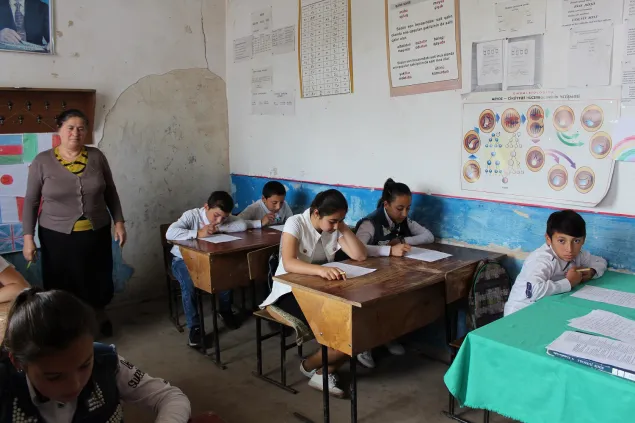
Unfortunately, the school building was caught in the middle of crossfire shooting several times, as a result of which part of it became completely unusable. This is how the safest place of the school looks like now.
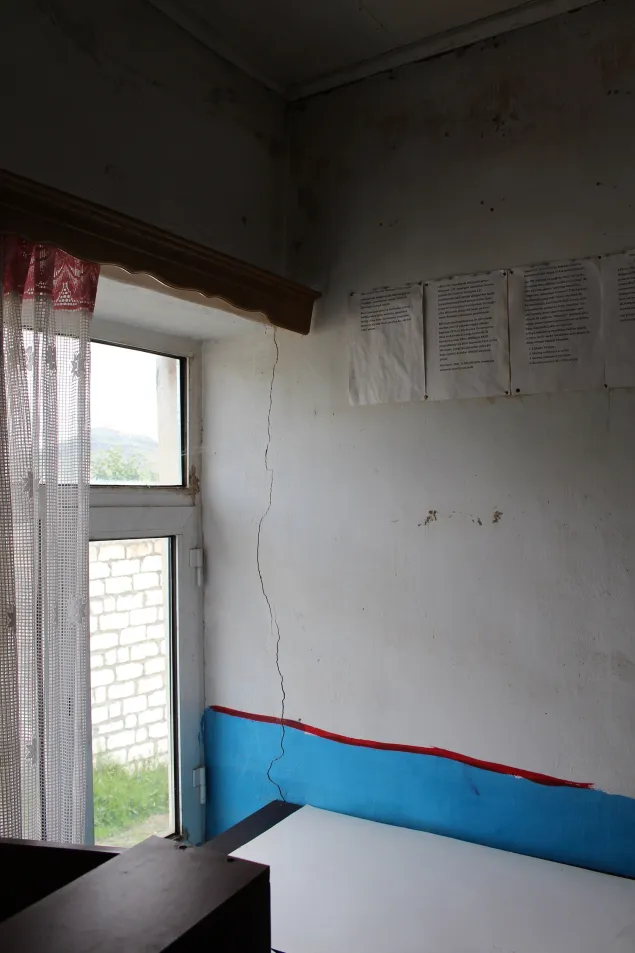
In 2015, a protective wall was constructed to make the school safer for the children.
In 2017, due to an increase in the number of children attending, the ICRC constructed one additional wall to protect classrooms that were not used before.
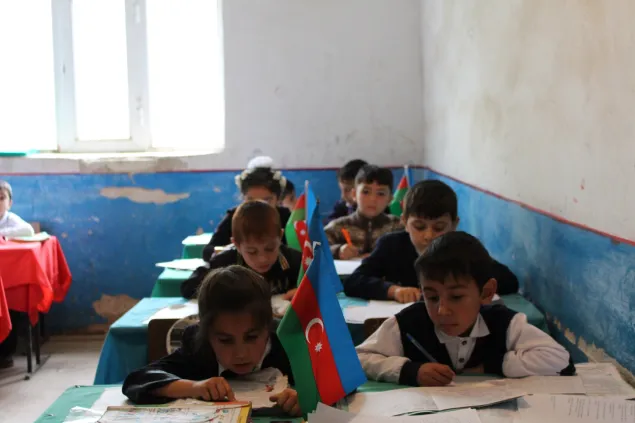
Yet for these children, education remains the most important tool to develop and fulfill their budding dreams. These children, just like many others from conflict zones, have a right to safely access education.
The Nagorno-Karabakh conflict has disrupted the affected populations' life in many ways. Hampered access to education is one of its worst setbacks. The ICRC works in the region to increase the safety and accessibility of schooling to kids for whom education remains the major key to open the doors to the world outside. Along with efforts to safeguard students, we carry out safety behaviour sessions, provide mental health support and train teachers to better help the children.

